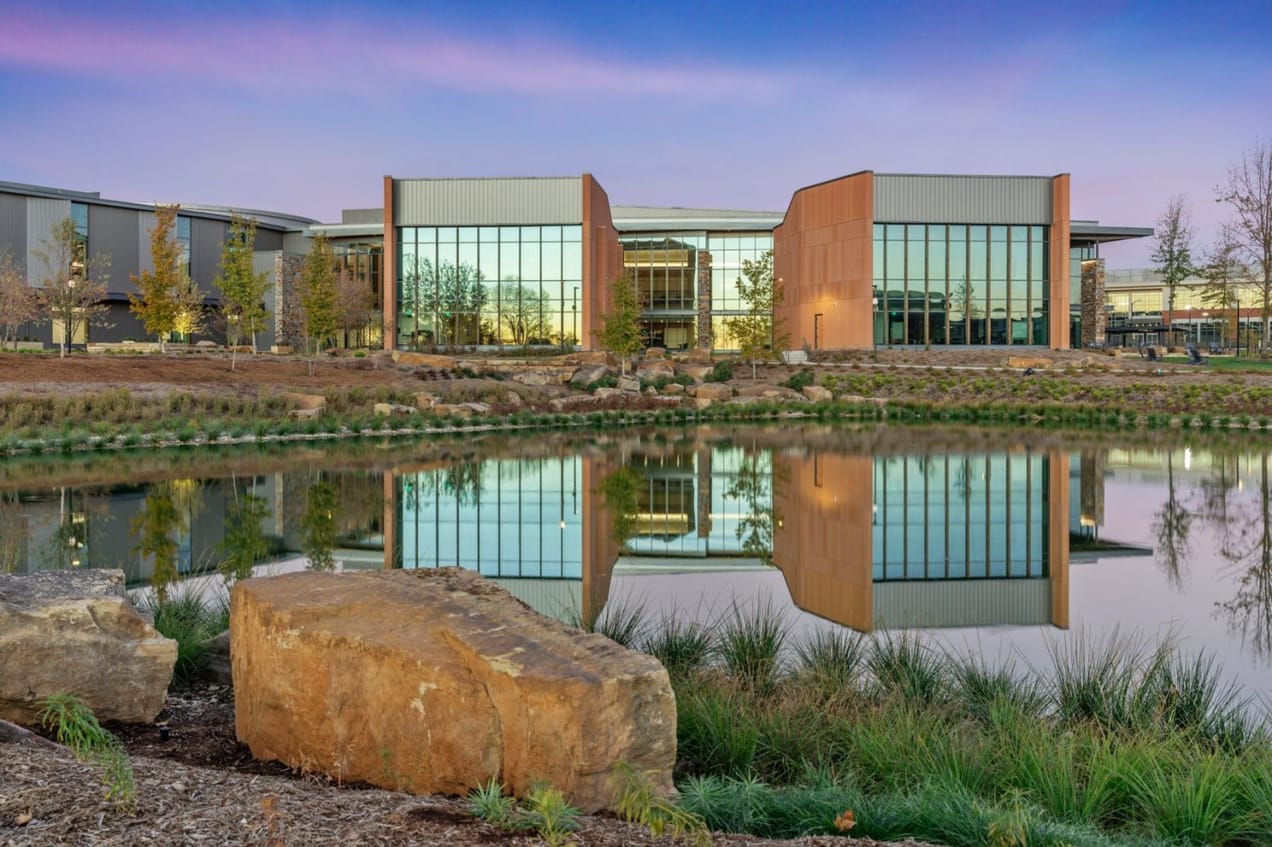
Deforestation - promises promises promises
Most people agree we need to halt and then reverse deforestation. This has been reflected in all sorts of pledges and commitments, the most high profile probably being from COP26 in 2021, where governments and companies promised to halt and reverse forest loss and land degradation by 2030.
That all seems pretty clear - as a rough rule of thumb this would require a 10% annual reduction to reach zero deforestation. And over the same period we want to restore some 350m hectares of lost and degraded forests.
So how is it going? Sadly not well.
A recent report out from the World Resources Institute shows just how far off-track we are.
In fact, to quote the report "the global deforestation rate in 2023 was 2% higher than the baseline from 2018-2020".

The implications of this are pretty well understood. Forests are a significant ecological and economic resource that sequester carbon and provide habitat for wildlife and livelihoods for communities.
But, as the report points out, we made all of the pledges in a vacuum - they were not backed up by the information we needed to monitor delivery of the pledges. In the years since these pledges were made, their impact has not been adequately monitored, leaving a lingering question of how much progress is being made. This equates to almost zero accountability.
And the cynic in me has to wonder if that wasn't the objective in the first place!
So the good news I guess is that with the publication of this report, and the work of others, we now have a benchmark. Yes, we need better monitoring systems, but this is a start.
The other good news is that it is possible to make a difference. Progress has been made on slowing palm oil related deforestation, largely as a result of a series of moves, some small, some larger. One contributor has been moves by some of the major FMCG companies, which we highlighted in a recent blog 👉🏾 https://www.thesustainableinvestor.org.uk/is-the-outlook-for-palm-oil-getting-better/
But, at the same time we want to inject a note of caution. Even when the work is well intentioned, it sometimes doesn't have the impact you might expect. For instance it's well known that Europe is active in introducing regulation to ensure that products being sold in the region meet minimum human rights and environmental standards.
But, little work has been done so far on the difference the rules will make in the exporting country. Will they lead to better human rights and environmental practices? The assumption is yes, but has this been tested? Back in February we wrote about a study that suggested the impact might be less than hoped for.
Why? Because of what they call supply chain divergence. This is basically sending different products to different markets. And, in short, the product going to European countries with already high standards has a lower environmental impact. But the rest does not. And the rest is much bigger, so the net impact is actually quite small.
It's worth a read. It doesn't mean that we do nothing, but we need to have reasonable expectations.
Link to blog 👉🏾 https://www.thesustainableinvestor.org.uk/supply-chains-will-the-european-regulation-work/
This article featured in What Caught Our Eye, a weekly email featuring stories we found particularly interesting during the week and why. We also give our lateral thought on each one. What Caught our Eye is available to read in full by members.
If you are not a member yet, you can read What Caught Our Eye when it comes out direct in your email inbox plus all of our blogs in full...

Click this link to register 👉🏾 https://www.thesustainableinvestor.org.uk/register/

Please read: important legal stuff.

